AeroGenie — Seu Copiloto Inteligente.
Tendências
Categories
GEnx Engine Reaches Five Million Flight Hours in Japan
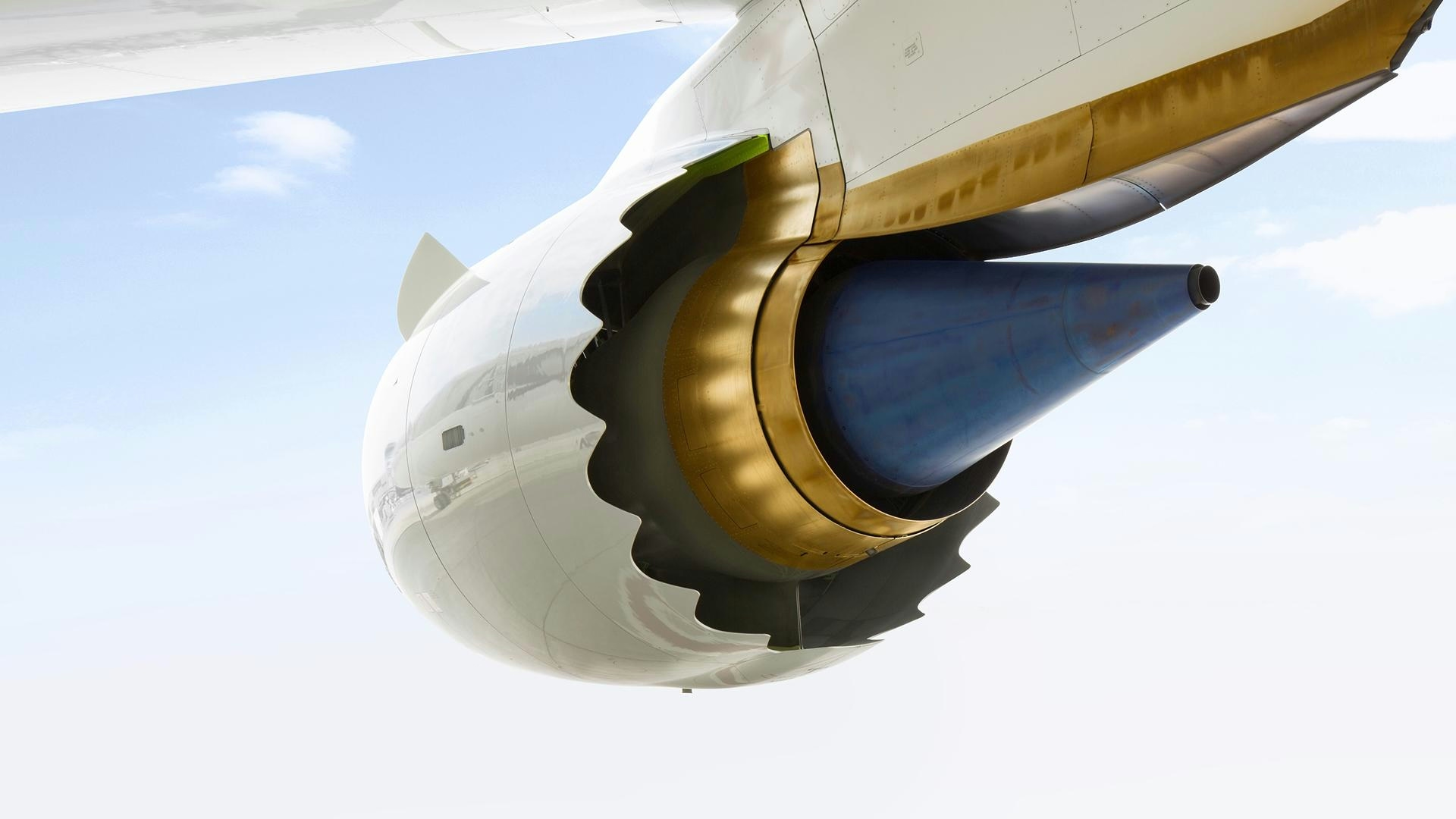
GEnx Engine Surpasses Five Million Flight Hours in Japan
The GEnx engine family has achieved a significant milestone in Japan, surpassing five million flight hours and reinforcing GE Aerospace’s prominent role in the country’s aviation industry. This accomplishment not only attests to the engine’s proven reliability and safety but also reflects the enduring partnerships between GE Aerospace and major Japanese carriers, including Japan Airlines (JAL), All Nippon Airways (ANA), and Nippon Cargo Airlines (NCA).
Katsuya Okano, general manager of North Asia and the Pacific for GE Aerospace’s Commercial Engines and Services business, emphasized the importance of this achievement. He noted that reaching five million flight hours in Japan highlights the deep trust placed in GE Aerospace by its airline partners. From the inaugural GEnx-powered flight by Japan Airlines to the expanding fleets across multiple carriers, GE Aerospace continues to play a vital role in Japan’s aviation sector.
Technological Advancements and Market Impact
Introduced in April 2004, the GEnx engine marked a significant advancement in propulsion technology. Developed as a clean-sheet design following the GE90, the engine incorporates advanced materials and manufacturing processes that make it lighter, more durable, and more efficient. Specifically designed for Boeing 787 and 747-8 aircraft, the GEnx engine reduces CO2 emissions by up to 15% and improves fuel efficiency by the same margin compared to its predecessor, the CF6 engine. These innovations have garnered global attention and secured substantial orders from Japanese airlines.
Japan Airlines was among the first to adopt the GEnx engine, announcing in 2005 its decision to power its Boeing 787 Dreamliner fleet with this technology. This move extended a longstanding relationship with GE Aerospace, which had previously supplied JAL with engines such as the CT7, CF34, CF6, and GE90. In March 2012, JAL received its first GEnx-1B-powered Boeing 787 Dreamliner, marking the first delivery of this engine variant worldwide. The aircraft’s inaugural flight from Tokyo’s Narita International Airport to Boston’s Logan International Airport was notable as both the first revenue-generating GEnx-1B flight and the first nonstop Asia-to-Boston service.
Kyohei Takizawa, vice president of procurement at Japan Airlines, acknowledged GE Aerospace’s consistent partnership and praised the GEnx engine’s high performance, reliability, and efficiency, which have been demonstrated throughout their operations.
Nippon Cargo Airlines also embraced the GEnx engine early on, ordering GEnx-powered Boeing 747-8 freighters in 2005. Toshiaki Kobori, a senior executive at NCA, highlighted the engine’s essential role in delivering the performance and reliability required for their long-haul cargo missions since the inception of their 747-8 freighter operations.
Ongoing Challenges and Industry Response
While the milestone of five million flight hours underscores the GEnx engine’s reliability, it also presents ongoing challenges. Sustaining this level of performance demands continuous investment in maintenance and reliability assurance to comply with Japan’s stringent aviation standards. This achievement has strengthened market confidence in the GEnx engine, potentially encouraging further orders from airlines seeking proven and efficient propulsion solutions.
At the same time, competitors are likely to intensify their marketing efforts and emphasize their own technological advancements in response to GE Aerospace’s accomplishment. As the GEnx engine continues to power fleets across Japan, GE Aerospace remains committed to supporting its airline partners and advancing aviation technology within the region.

Sabre Introduces New AI-Driven Platform
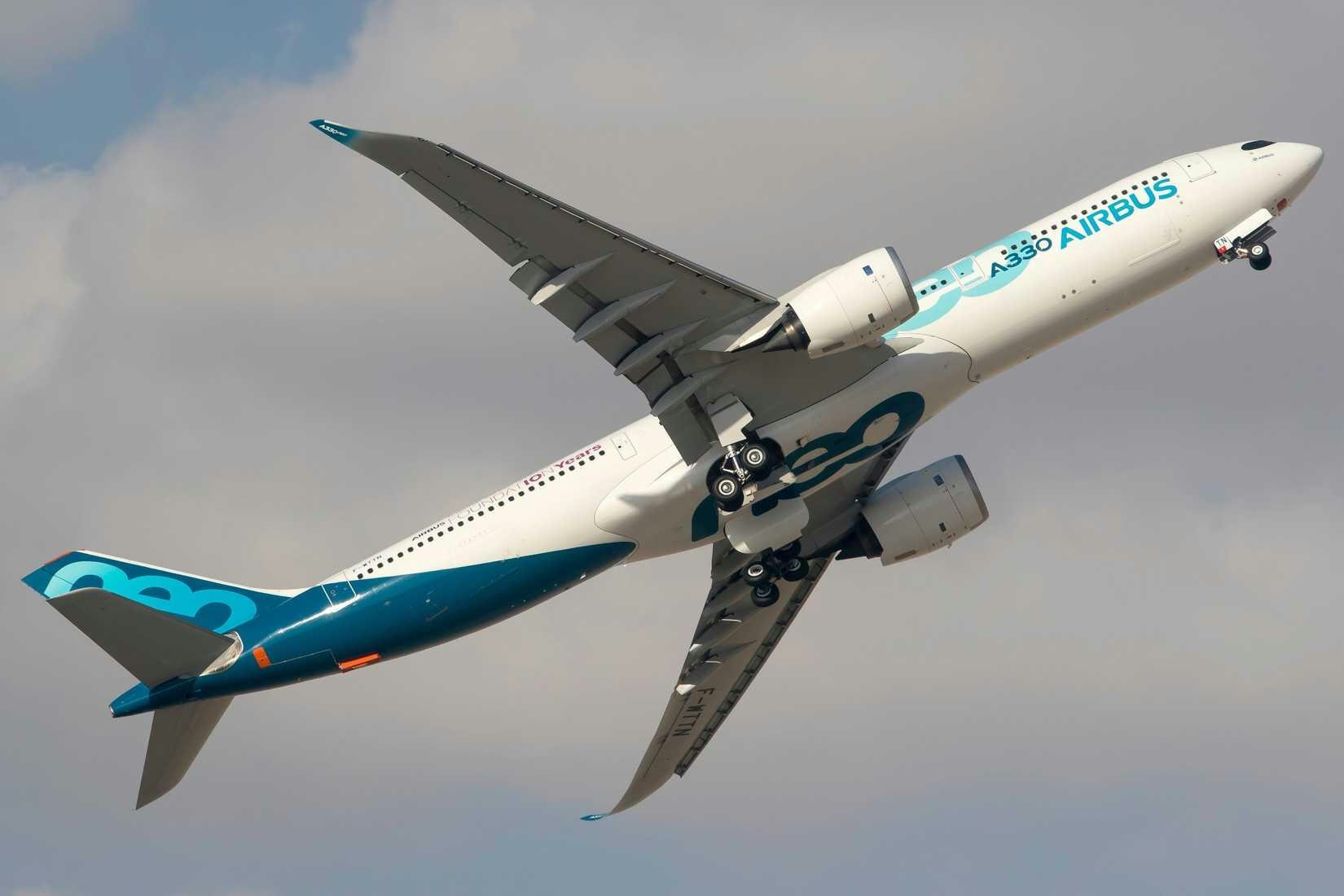
GOL CEO Confirms Possible Arrival of A330neo Widebody Aircraft
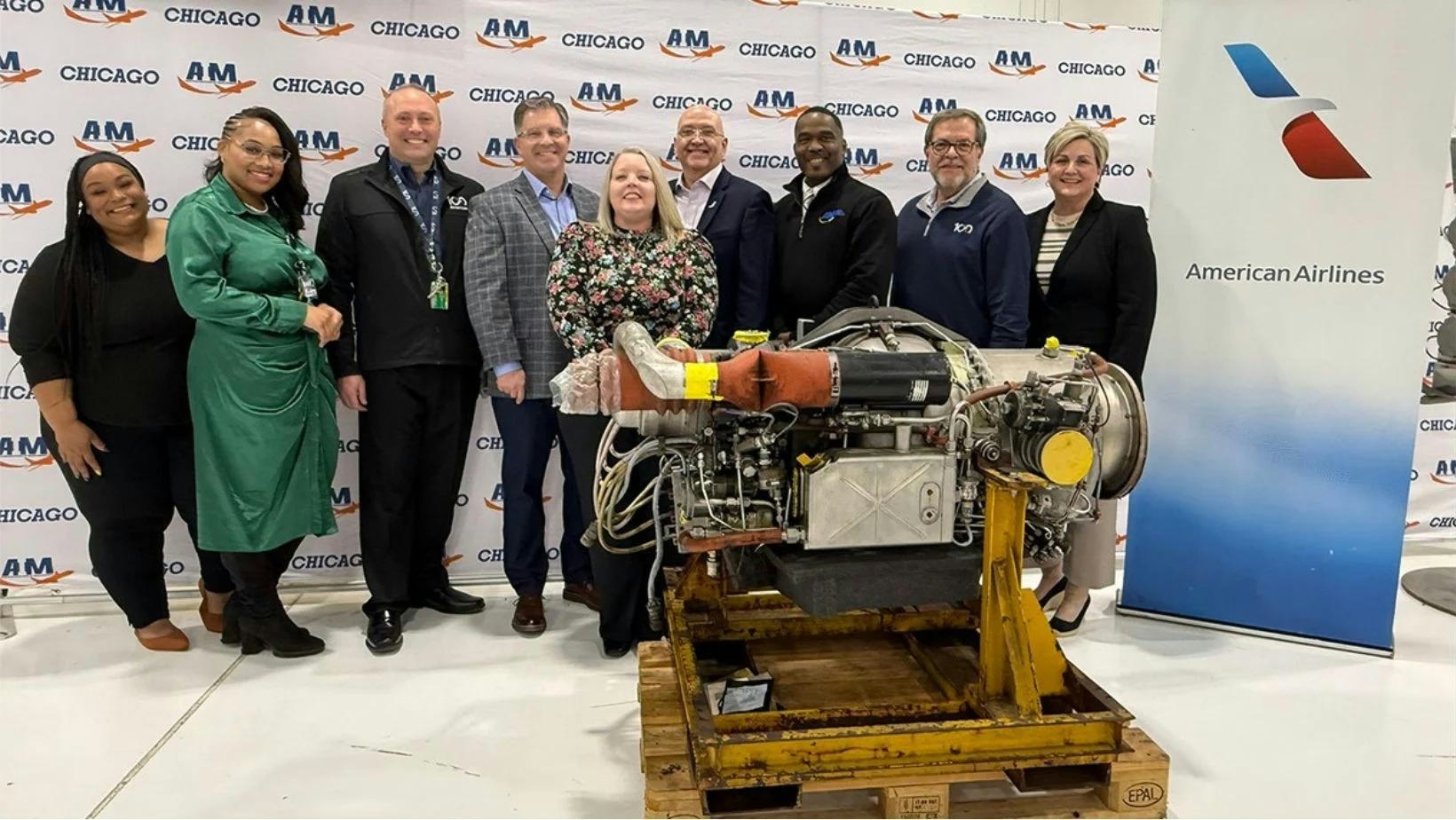
American Airlines donates APU to AIM Chicago for student training
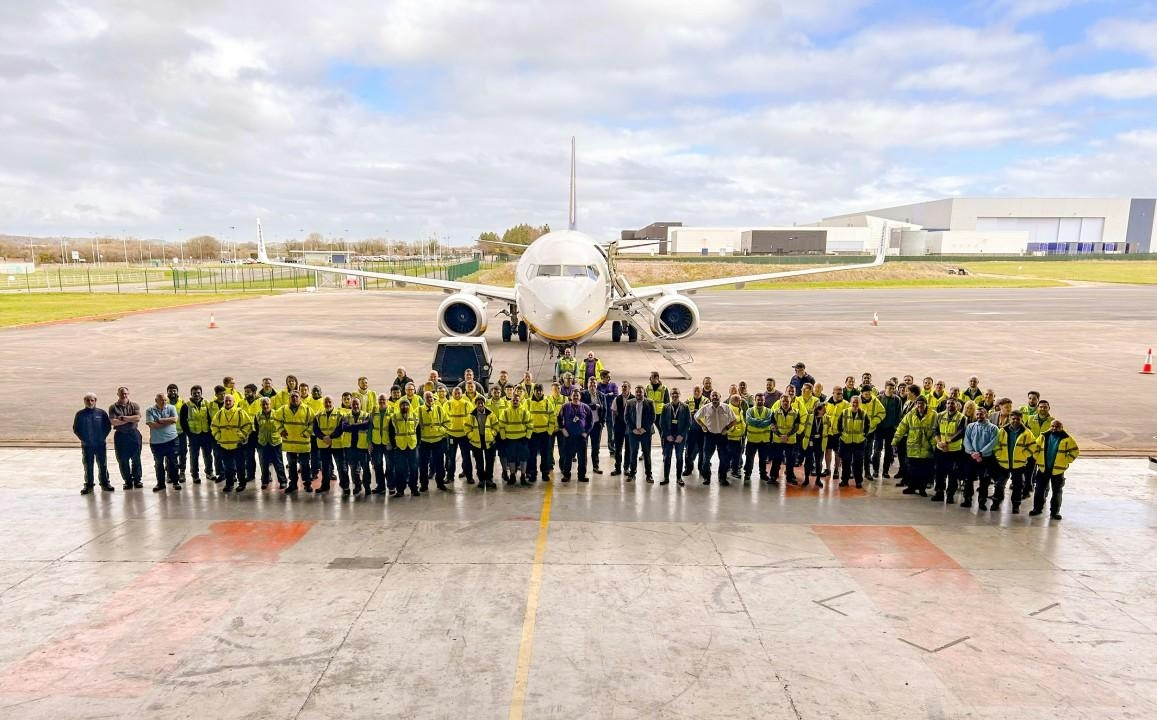
Steer Appointed Base Maintenance Manager at Caerdav
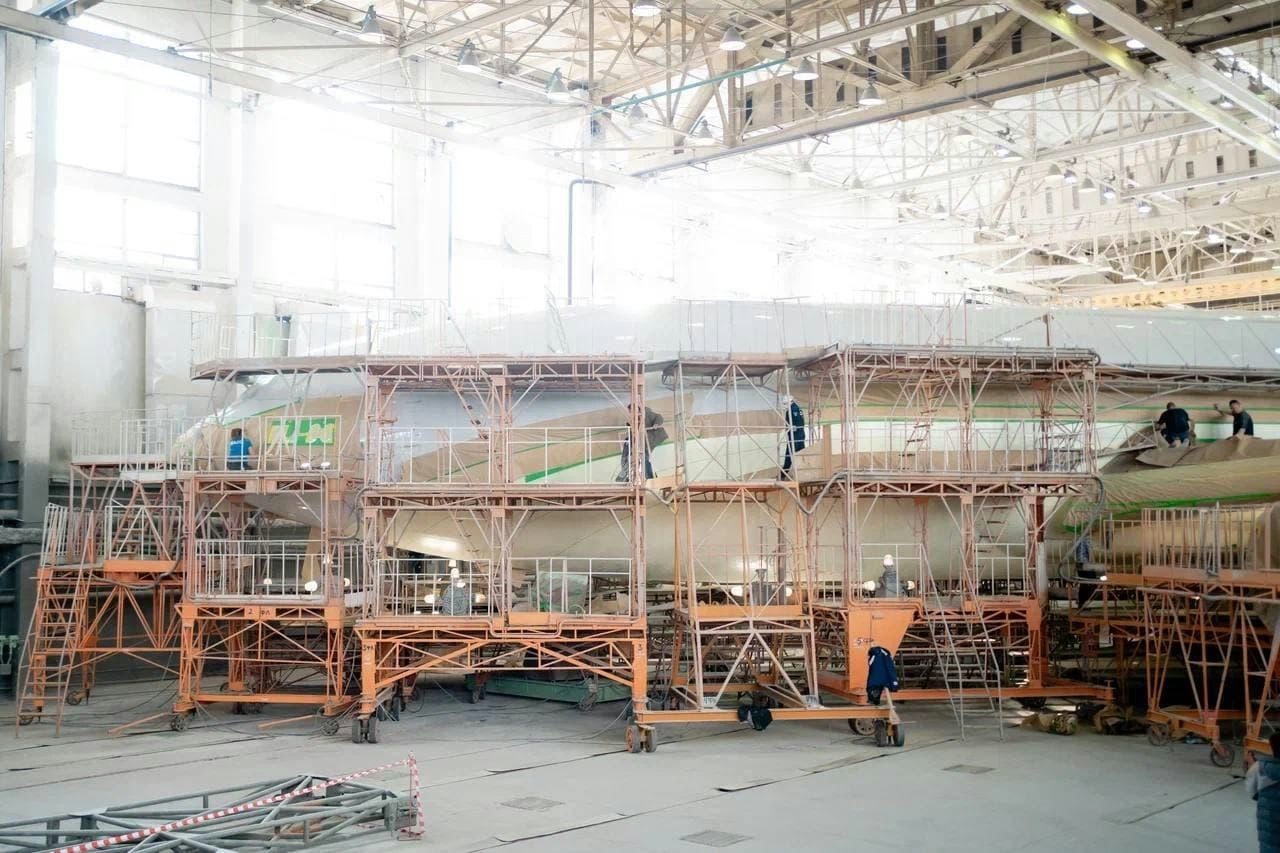
New Il-96 Wide-Body Aircraft Built in Russia; Customer Remains Undisclosed

SESAR JU and Canary Islands Sign Agreement to Advance Air Traffic Management

Contaminated Fuel Injector Causes Emergency Landing

Sahar Group Adopts Ramco Aviation Software to Support Growth
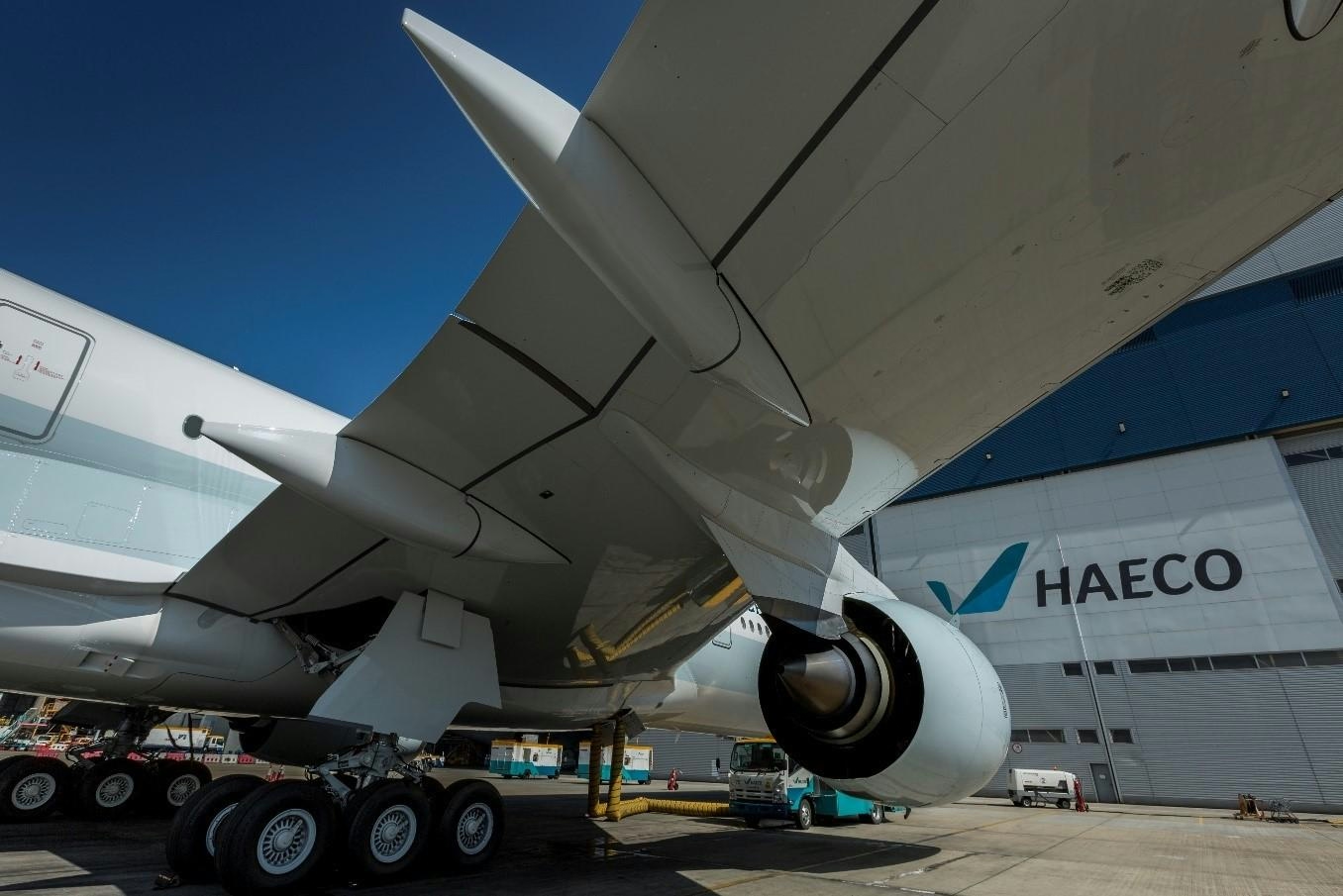
Deucalion Leases Three A330 Aircraft to Wamos Air

Acron Aviation Opens Global Headquarters in St. Petersburg, Florida
